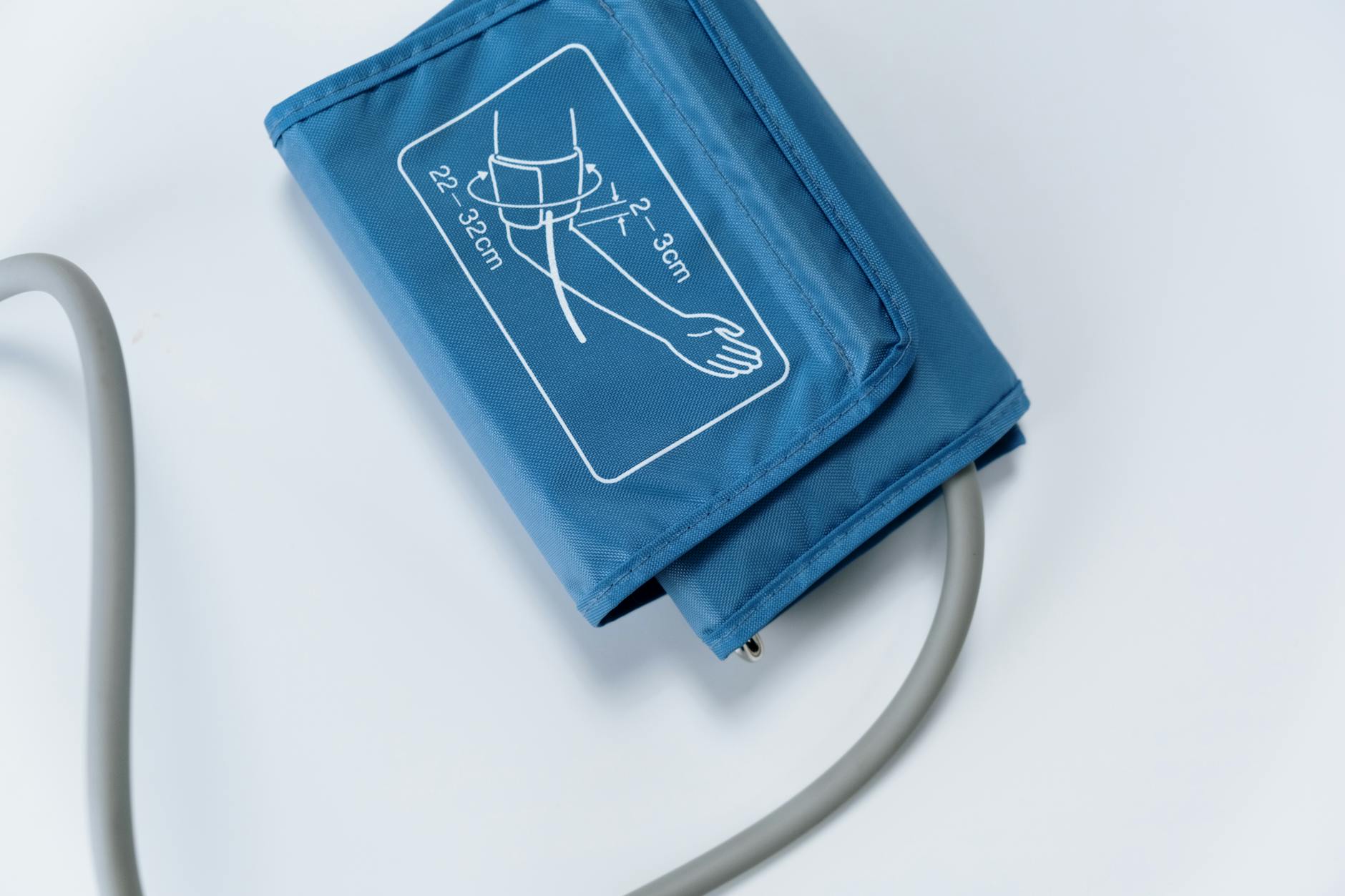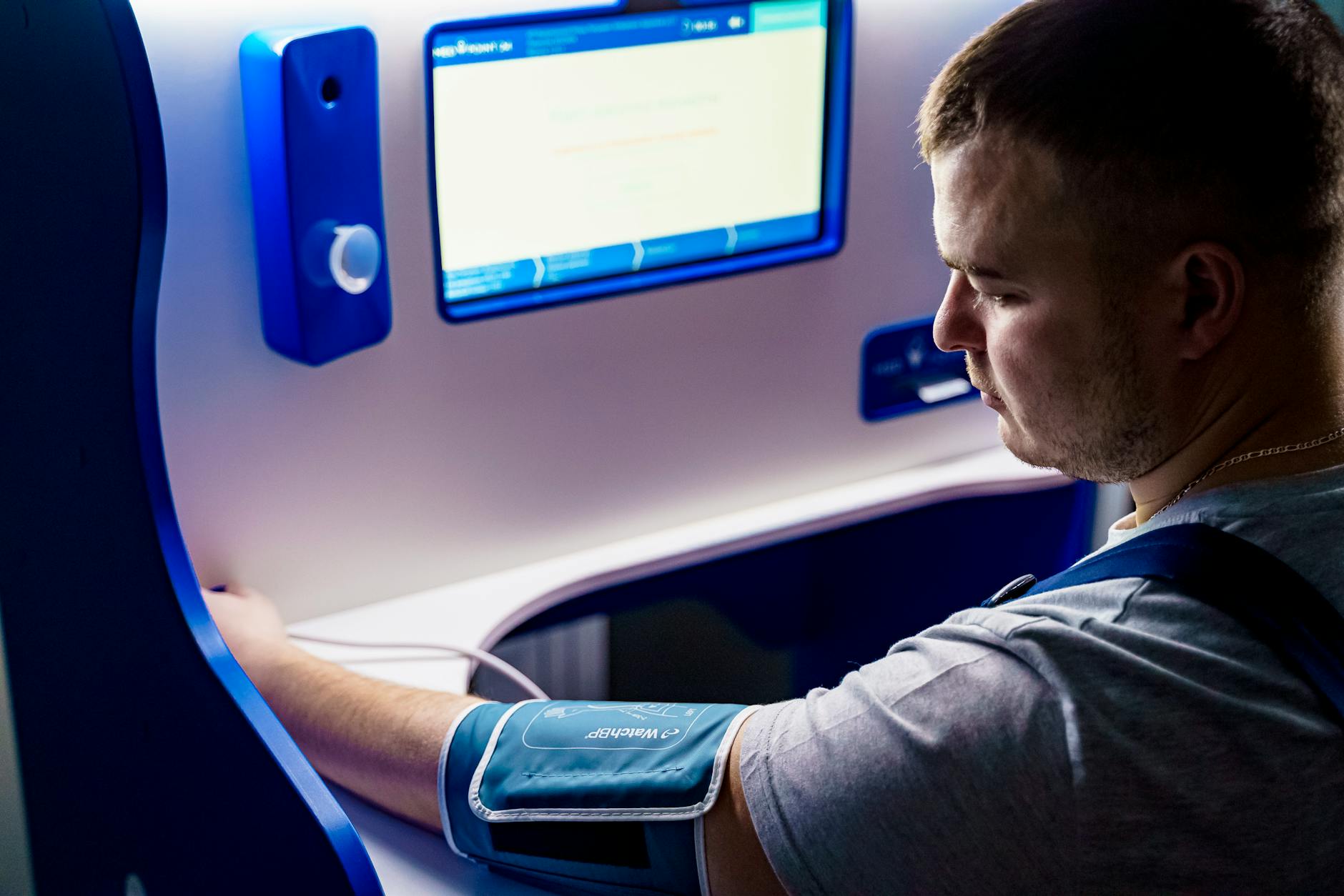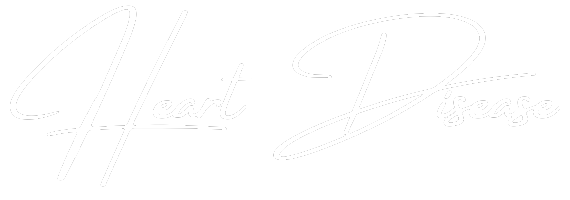
Dealing with high blood pressure, or hypertension, is a common issue many people face. As a cardiologist, I think I have seen how important it is to manage it to prevent serious health complications. Let’s explore what hypertension is, its causes, symptoms and how we can tackle it together.
Understanding Hypertension
Hypertension, simply put, is when the force your blood exerts on the walls of your arteries is consistently too high. Over time, this increased pressure can damage your arteries, heart and other organs, leading to serious health problems such as heart disease, stroke and kidney failure. This is why managing hypertension is so important.
Common Causes of High Blood Pressure
There are several factors that can contribute to the development of hypertension. These include a high-salt diet, lack of physical activity and lifestyle choices such as excessive alcohol consumption. Genetic factors also play a role, so if your parents or grandparents have hypertension, you may be more likely to develop it. Conditions such as obesity, diabetes and chronic kidney disease can also increase your risk. However, all these risk factors can be managed.
Recognizing the Symptoms
One of the difficult aspects of hypertension is that it often has no noticeable symptoms, hence its nickname “the silent killer”. However, some people may experience headaches, shortness of breath or nosebleeds. These symptoms typically occur when blood pressure reaches a dangerously high level. Nevertheless, some symptoms may occur and it is important to be vigilant.
Diagnosis and Testing
Diagnosing hypertension is straightforward and involves measuring your blood pressure using a cuff. Blood pressure readings are given in two numbers, for example, 120/80 mm Hg. The first number (systolic) measures the pressure in your arteries when your heart beats. The second number (diastolic) measures the pressure in your arteries between beats. Normal blood pressure is usually around 120/80 mm Hg. Anything consistently higher than 130/80 mm Hg is considered hypertension.

Treatment Options
Managing hypertension usually requires a combination of lifestyle changes and medication. Lifestyle changes may include adopting a heart-healthy diet, increasing physical activity, reducing salt intake and quitting smoking. Medications may also be prescribed to help control blood pressure. These may include diuretics, ACE inhibitors or beta-blockers. It is therefore important to know and follow the treatment methods well.
Lifestyle Changes for Better Blood Pressure
Adopting a healthier lifestyle can significantly affect your blood pressure. It is very important to eat a balanced diet rich in fruits, vegetables, whole grains and lean proteins. Regular physical activity such as walking, swimming or cycling can help keep your heart and blood vessels in good condition. Reducing sodium intake by avoiding processed foods and reducing table salt can also make a big difference. Quitting smoking and limiting alcohol consumption are other critical steps. Therefore, making healthy lifestyle changes can keep your blood pressure under control.
The Role of Medication
Medicines can play a very important role in managing hypertension. Depending on your specific condition and risk factors, your doctor may prescribe one or more types of medication. Diuretics help your body get rid of excess sodium and water. ACE inhibitors relax blood vessels. Beta-blockers reduce your heart rate and the strength of your heartbeat. It is important that you take your medicines as prescribed and do not stop taking them without consulting your doctor. It is therefore vital to follow your doctor’s instructions about your medication.
Monitoring and Regular Check-Ups
Regular monitoring of your blood pressure is essential to make sure your treatment plan is working. This may include home blood pressure monitoring and regular check-ups with your healthcare provider. During these visits, your doctor can adjust your treatment plan as needed to keep your blood pressure under control. This is why regular doctor visits and blood pressure monitoring are so important.
The Emotional Impact of Hypertension
Living with hypertension can be stressful, but managing your stress is vital for your heart health. Practicing relaxation techniques such as deep breathing, meditation, or yoga can help reduce stress levels. Engaging in hobbies, spending time with loved ones, and getting enough sleep are also important for maintaining emotional well-being.
Managing Hypertension Humorously
Why don’t cardiologists ever play hide and seek? Because good luck hiding with a heartbeat like theirs!
Seeking Support
Managing hypertension can be difficult, but you don’t have to do it alone. Support from family, friends or support groups can provide emotional encouragement and practical advice. Talking to others who understand what you are going through can make a big difference. Therefore, getting support and sharing can always help.

Conclusion: Taking Control of Your Blood Pressure
In conclusion, managing hypertension is crucial for preventing serious health complications. By understanding your risk factors, recognizing symptoms, and making lifestyle changes, you can take control of your blood pressure. Regular check-ups and adherence to your treatment plan are essential for maintaining heart health. For more detailed information on hypertension and heart health, you can visit the American Heart Association and the Centers for Disease Control and Prevention (CDC). These resources offer valuable insights and support for those dealing with high blood pressure.
Remember, taking care of your blood pressure is taking care of your heart. With the right steps and a positive mindset, you can manage hypertension effectively and live a healthy, active life. And don’t forget to add a little humor to your routine—after all, laughter is good for the heart!
